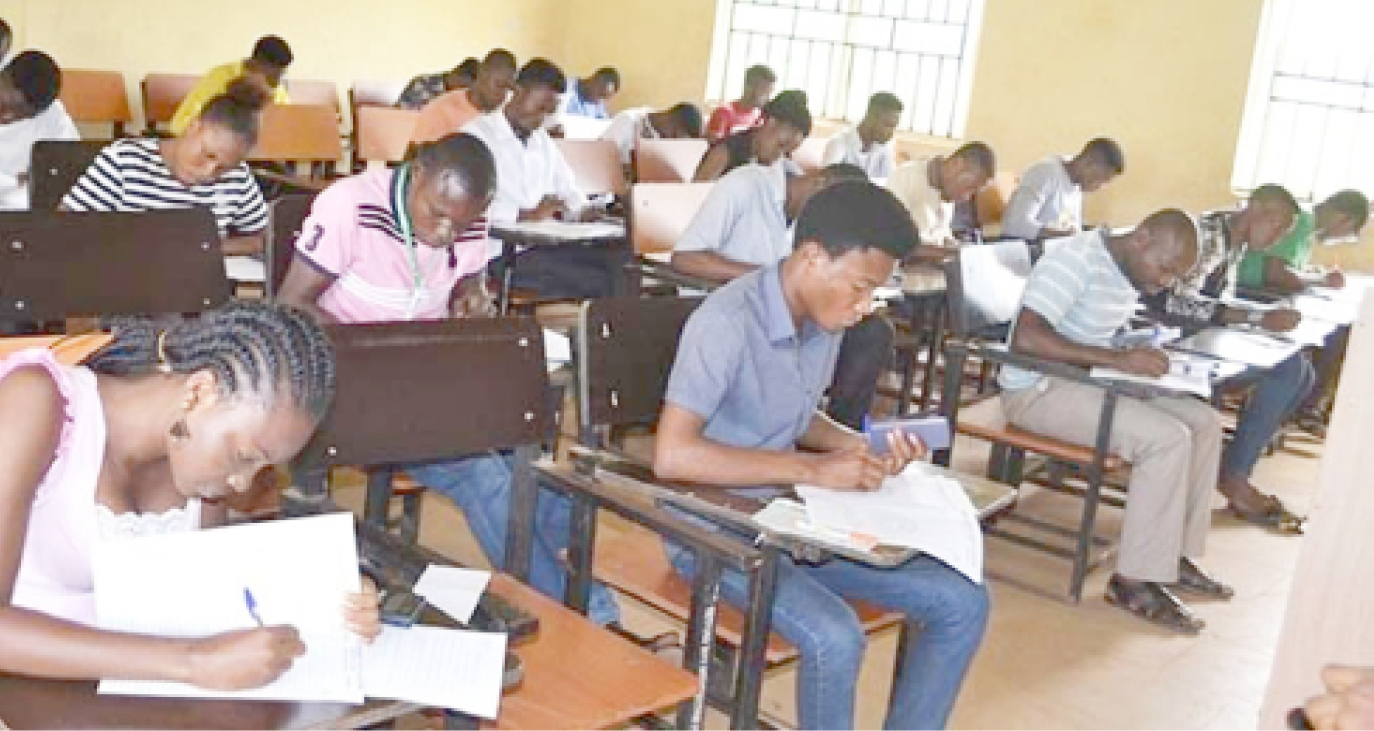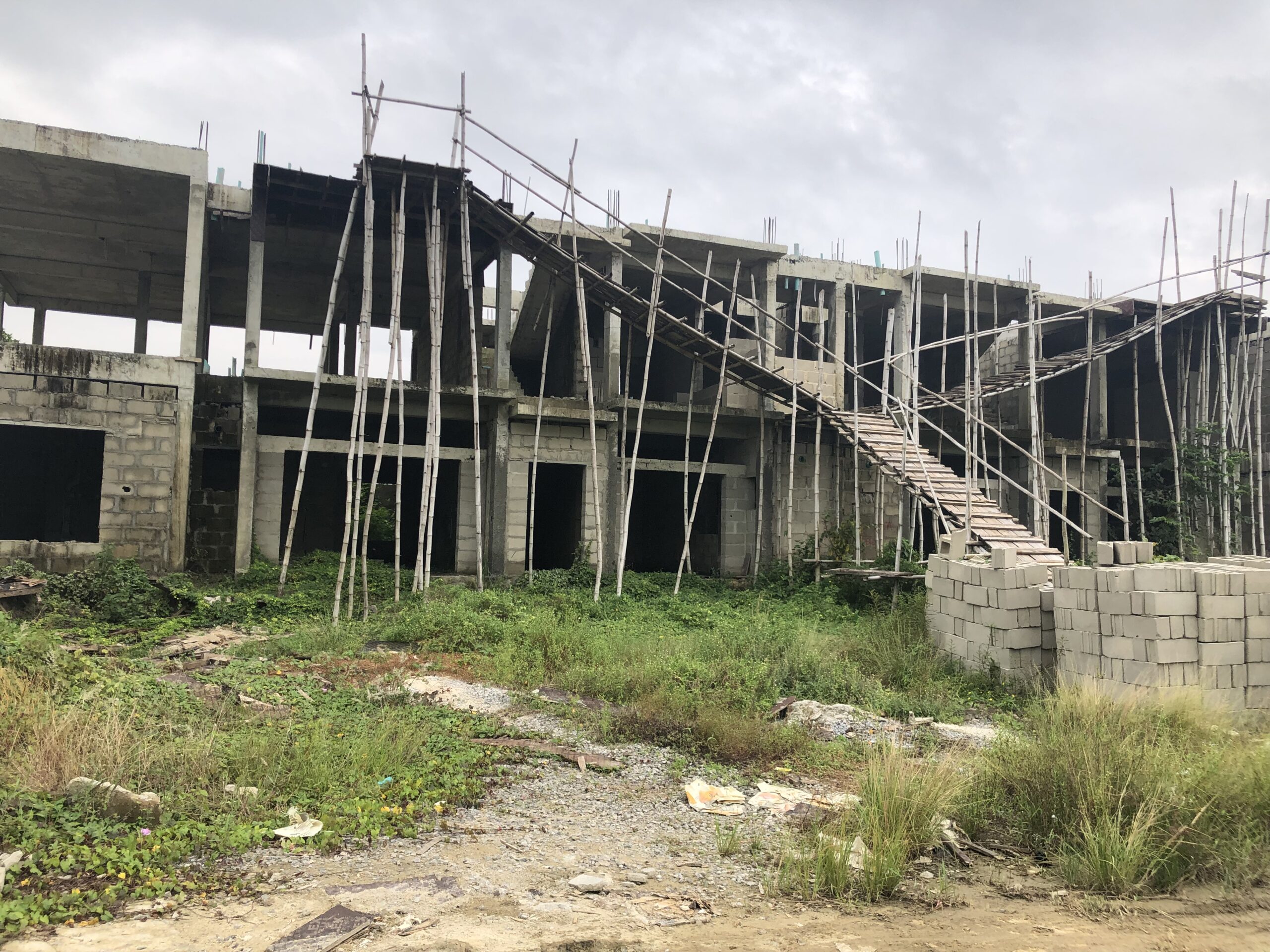THE GUARDIAN
In a sharp contrast to the laidback presidency of his predecessor, the Bola Ahmed Tinubu-led administration started like a house on fire with the abrupt end to the prodigal fuel subsidy era. About 30 days after, both fans and foes could feel the ‘new sheriff in town’. GEOFF IYATSE, MUYIWA ADEYEMI, SEYE OLUMIDE and ROTIMI AGBOLUAJE, however, report that the ‘renewed hope’ runs the risk of turning into a rekindled despair without commensurate efforts at rapid economic rebound and real succour to ease pains of change.
President Bola Tinubu would be remembered for reversing the traditions. In stark deviance to what his predecessor, Muhammadu Buhari, was known for in his eight years of leadership, he did not only hit the ground running, but also turned the conventional inauguration speech into a policy statement.
He did smuggle the “subsidy is gone” refrain into his inauguration speech, suggesting that Nigerians might have elected a ‘non-conforming’ president. To others, it tells of a clumsy presidency ahead.
About a month later, he has shocked many, including the entire Nigerian masses that are at the receiving end of the tough, though inevitable economic decisions. Conspicuously missing, however, are the palliatives to cushion the spiral effects on beleaguered Nigerians.
‘Subsidy is gone’
Many other sensitive statements were smuggled into the prepared speech of Mr President, but that of the subsidy removal stuck out.
How the presidential declaration – interpreted as a statement of fact in some quarters and a policy directive by others – was managed, became even a bigger issue.
Whereas the President’s men said implementation was not immediate, the Nigeria National Petroleum Corporation Limited (NNPCL) unveiled a new pricing template the following day amid long queues at filling stations and nationwide scarcity. That put paid to any doubt as to whether subsidy payment would endure even for a month.
For once, there was a consensus among stakeholders, including organised labour, that subsidy removal was the way to go.
But critics held on to what they described as ‘wrong timing’ as a major misstep.
The N3.6 trillion earmarked for subsidy in the 2023 budget covered up till the end of this month but Tinubu, who was also faulted for unilaterally taking such an impactful decision, pulled the plug a month earlier.
In its reaction, the Nigeria Labour Congress (NLC), said it was outraged by the pronouncement without due consultations with critical stakeholders or without putting in place palliatives to cushion the harsh effects of the subsidy removal.
NLC President, Joe Ajaero, said the decision was insensitive as it threw the nation into a tailspin due to a combination of service shutdowns and product price hikes.
However, the international development partners, local pro-market economists and capitalists hailed the decision describing it as overdue. The argument among the anti-subsidy payment is that only a very small percentage of the spending goes to the poor masses, much of it ending up in the pocket of the rich people.
In its Nigeria Development Update (NDU) issued on Tuesday, the World Bank, which had long called for an end to all forms of subsidies, enjoyed by Nigerians to save the country from fiscal disaster. It insisted that the bottom 40 per cent of Nigerians received less than three per cent of the subsidy directly, “whereas those at the top 60 per cent received over 23 per cent”.
But the same World Bank insists 7.1 million people would be plunged into deeper poverty unless urgent palliative measures are implemented. Whereas the former administration had secured $800 million loan from the World Bank Group for palliatives for 10.1 million poorest of the poor, who would be affected by an increase in the pump price of fuel, the NDU said the intervention would restore 1.7 million people out of over seven million that would be affected to their original economic state.
A month after the bold decision on subsidy removal was taken; the discussion between labour and government on palliatives and wage review is still stalled. There is also doubt if the government, at all levels, could afford any increase on the prevailing personnel cost even as NLC and its affiliates are requesting N200,000 as a new minimum wage.
Naira refloating
TWO weeks ago, the Central Bank of Nigeria (CBN) heeded the call by the President for foreign exchange rates convergence, pulling the plug on the prevailing subsidised Investors’ and Exporters’ (I&E) window.
Since that decision has been taken, the official exchange rate has climbed up by over 60 per cent eliminating the wide market arbitrage said to have been responsible for round-trip transactions, speculative tendencies and other ill-market practices.
The apex bank said the decision would address the age-long illiquidity and restore sanity in the market. The Guardian reported that from 2020 to 2022, Nigeria lost, at least, N8 trillion to rent seekers, who explore the multiple rates in the foreign exchange (FX) market to rip off the country. The amount is based on data sourced from CBN’s intervention in the highly discounted official market.
READ THE FULL STORY IN THE GUARDIAN


